
Europe’s air traffic rebalance: Central and Eastern markets take the lead
Central and Eastern Europe emerge as the engine of the European aviation traffic.
A collection of 105 posts

Central and Eastern Europe emerge as the engine of the European aviation traffic.
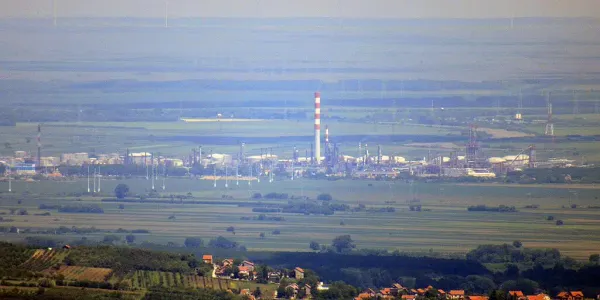
Hungary’s MOL nears a majority stake in Serbia’s NIS, bringing the Pančevo refinery and NIS assets under its control once U.S. sanctions lift.

Serbia failed to remove Russian capital from NIS despite extensions; leaving its refinery unlicensed and oil reserves secure only until year-end.

After the one-year anniversary of the Novi Sad canopy collapse, the political repercussions continue to unfold.
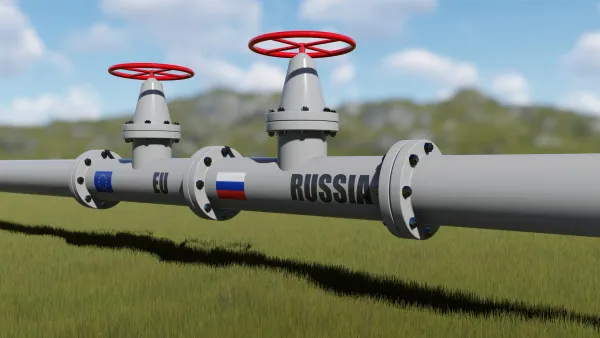
The Central and Eastern European oil market is entering a new era as a result of the US measures aimed at restricting Russian crude exports.
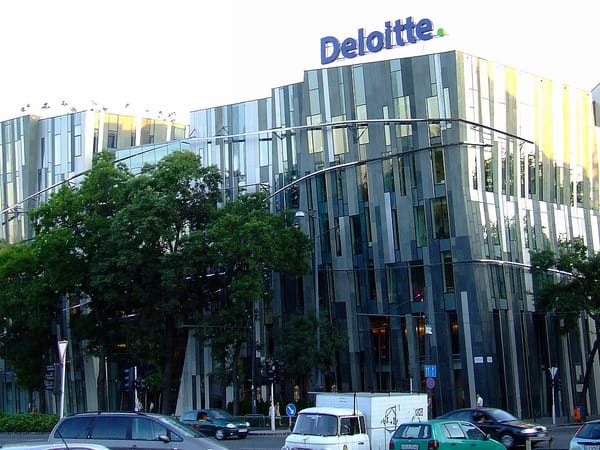
“For Europe, analysis of the historical data shows that a 1% drop in geopolitical alignment is associated with a corresponding 1% decline in trade intensity,” Deloitte observed.
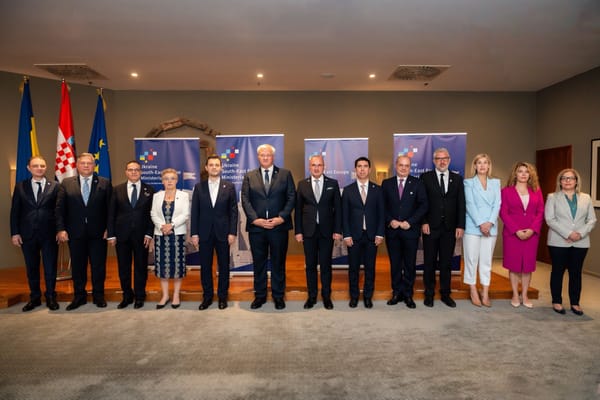
Serbia and Bulgaria did not sign the Dubrovnik declaration. Serbian President Aleksandar Vucic has maintained a policy of strategic ambiguity regarding NATO, while Bulgarian President Rumen Radev has voiced concerns about deepening military support for Ukraine.
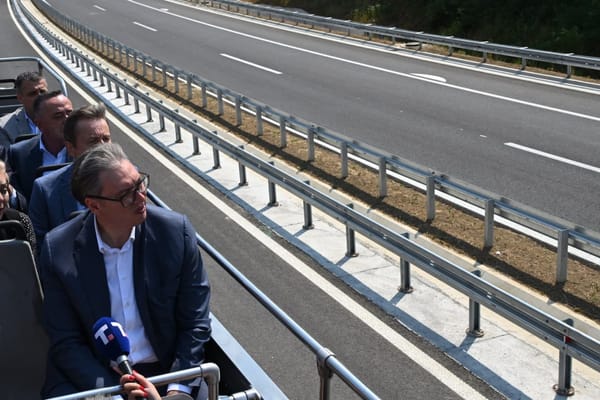
Government supporters have established a counter-camp "Caciland" in Belgrade’s Pionirski Park, drawing participation from nationalist groups and rural unions. The Serbian government said the camp demonstrates “popular support for stability”.

Demonstrations intensified over the weekend as student-led groups erected makeshift barricades at key intersections in central Belgrade. Police estimated turnout at 36,000, while independent observers cited figures as high as 140,000.
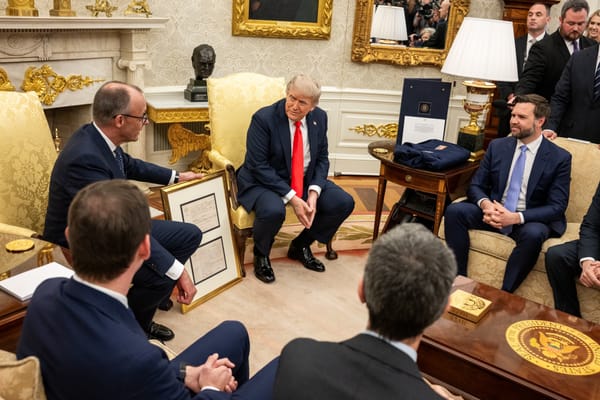
In late May, Merz said Nord Stream 2 must stay closed to “weaken Moscow's war machine” and also declared that his government would “do everything” to prevent the pipeline from going online.ce
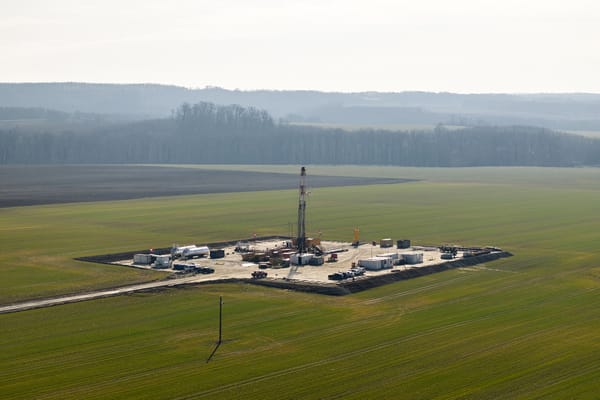
The Som-8 well is Hungary’s first meaningful local oil addition since 2019. National demand averaged 167,000 bpd in 2024, while domestic crude output stood closer to 23,000 bpd, according to industry data.

While Romania, Bulgaria and Serbia continue to attract foreign capital, structural delays in electrification and infrastructure risk diminishing long-term value, according to the International Trade Centre (ITC) Trade Map.
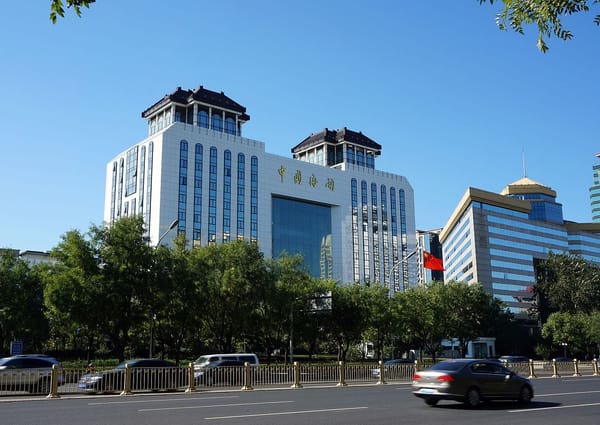
China's trade with Central and Eastern Europe (CEE) reached USD 142.3bn in 2024, marking a 6.3% year-on-year increase, surpassing China's overall foreign trade growth rate by 2.5 percentage points, according to China's General Administration of Customs. The total marked a 4.

Estonia has surged to second place in the 2025 World Press Freedom Index, its best-ever result and the highest ranking among EU countries. Estonia's ranking in the 2025 World Press Freedom Index is the highest ever achieved by a Central and Eastern European (CEE) country since the index&
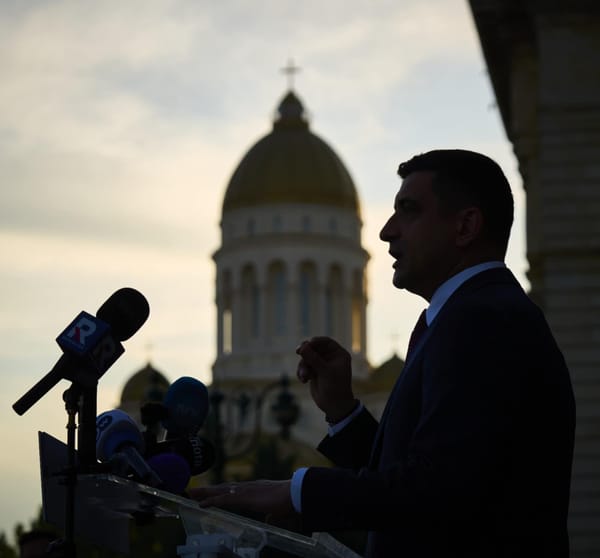
Far-right leader George Simion surged to a clear lead in the first round of Romania’s presidential election rerun, taking 40.9% of the vote ahead of the 18 May runoff that could reshape the country’s entire political trajectory. Simion, leader of the ultranationalist Alliance for the Union of